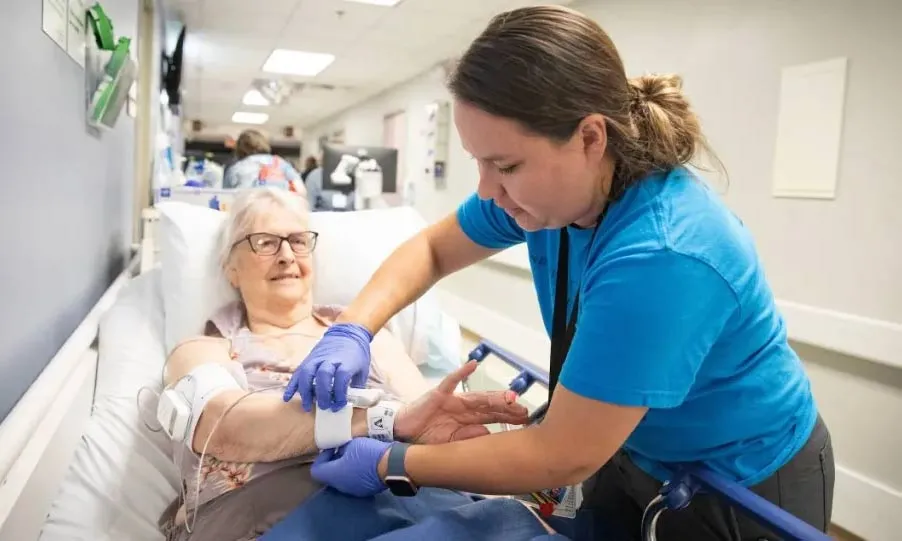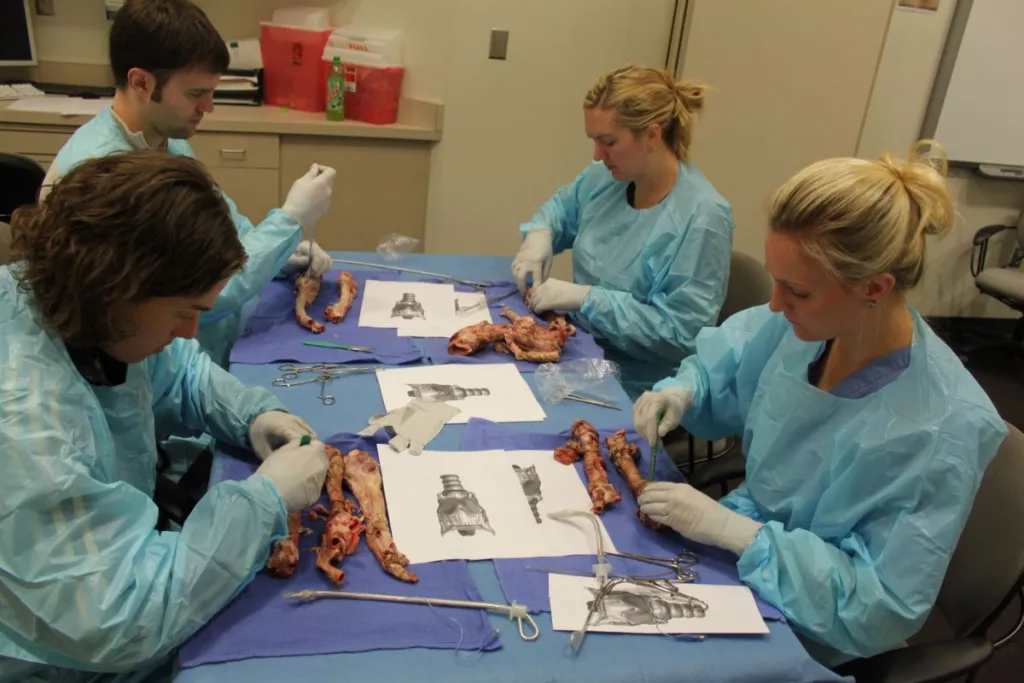Residency Clinical Curriculum
A curated experience with exposure to a wide spectrum of emergency care
From day one, residents will see incredibly complex and critically ill patients. Residents will learn to rapidly assess and stabilize a wide variety of patients including the many thousands of LifeFlight transports that arrive at Vanderbilt University Medical Center (VUMC) each year. The Vanderbilt trauma training experience is second to none.
As a major receiving center for critically injured patients, the VUMC adult emergency department sees more than 8,000 trauma activations per year, many of which require immediate life-saving intervention. Each resident has a carefully curated experience that offers exposure to the widest possible spectrum of emergency care.

Emergency care for children, veterans, the community and beyond
The pediatric emergency department at Monroe Carell Jr. Children’s Hospital at Vanderbilt sees more than 50,000 visits per year, including 100 level-1 and 350 level-2 trauma activations per year. Vanderbilt residents will have a fully integrated pediatric emergency medicine experience, with approximately one-fourth of shifts devoted to seeing ill and injured children under the supervision of engaged and enthusiastic faculty. The pediatric experience is longitudinal and year round.
Residents will also rotate at the Nashville VA Medical Center (located on campus) and at Vanderbilt Wilson County Hospital, a busy community hospital in the nearby suburbs of Nashville.
We pride ourselves on being a critical care-heavy residency with six months of ICU experience, offering residents the opportunity to become comfortable taking care of the sickest patients. In addition to the strong core curriculum, ample time is provided for selective experiences to explore fellowship options and gain additional clinical exposure, both at VUMC as well as internationally through the Global Emergency Medicine Fellowship Program in Guyana.
Clinical curriculum by year
Each year of residency includes general emergency medicine rotations. Other specialty area rotations vary by year.
Airway Management
The airway management team’s primary duty is to provide physicians and emergency medical providers with the skills to manage complex and challenging airways anywhere and at anytime. The team works to provide education and perform research in a collaborative culture that fosters academic excellence and service to the community.
The Department of Emergency Medicine began offering the Airway Cadaver Lab in 2008 to provide airway management and laryngoscopy instruction/practice to residents and faculty using human cadavers. The goal of the lab is to provide learner-focused skills education in a low-stress environment that facilitates more complex learning in the patient environment.
The curriculum has grown to include more of the resuscitative skill set used in emergency medicine and EMS and time/effort to learn human anatomy as it relates to the emergency medical practitioner. The lab offers students the opportunity to perform multiple skill repetitions with feedback from faculty.

Airway lab leadership:
Kevin High, RN, MPH, MHPE, EMT
Emergency Airway Lab Director
Sally Dye, RN, BSN, EMT
Emergency Airway Lab Manager
